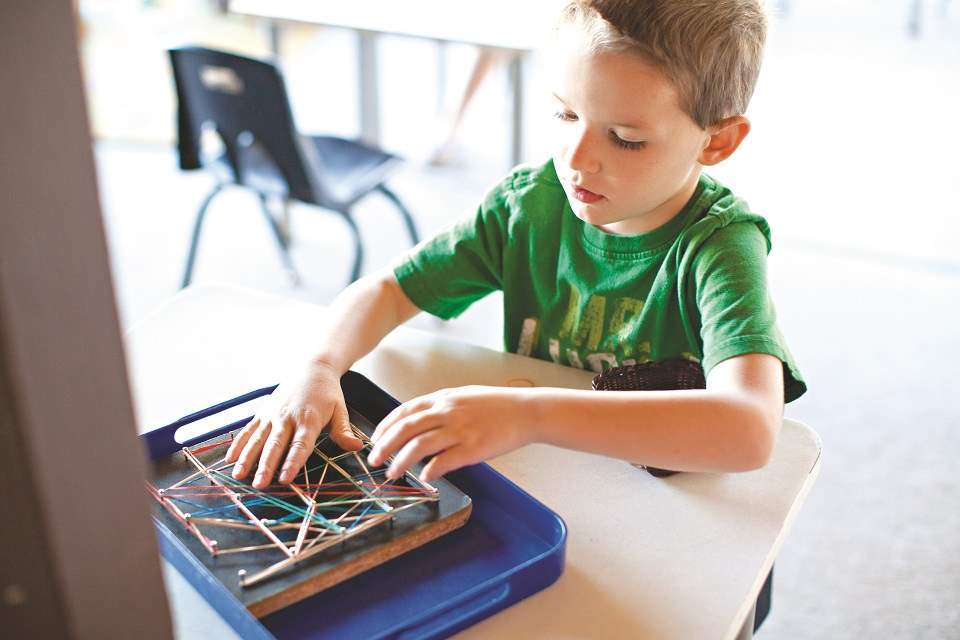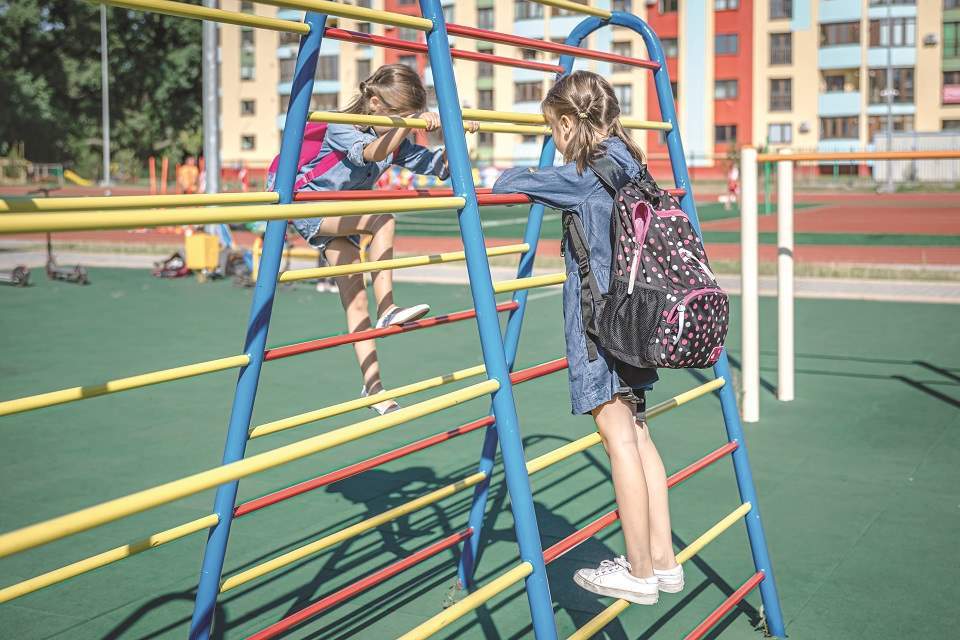AMMAN — Activities are frequently seen as byproducts of schools. However, with
COVID-19, the necessity of activities and their role in shaping students is now at the forefront.
اضافة اعلان
So, why are activities essential, and how did they adapt throughout the pandemic?
Jordan News is here to tell you.
When discussing school activities, our mind usually drifts to sports, especially in Jordan, where sports are prevalent in academic institutions. However, while sports make up a vast portion of activities, others include extra-curricular activities, cocurricular activities, and educational activities.
The consensus around the role of activities is to enhance student performance, ensure that classroom skills are practiced and strengthened outside the classroom setting, and provide outlets for creativity and energy that fit all students’ needs.
Jordan News interviewed various administration and faculty members from schools in
Amman to better understand where they stand and how they fulfill their commitment to ensuring that students take advantage of activities in their schools, especially after a year of restrictions and lockdowns.
 School activities are essential to education, as they shape the way students interact with their environments using classroom skills. (Photos: Unsplash/ Envato elements)
School activities are essential to education, as they shape the way students interact with their environments using classroom skills. (Photos: Unsplash/ Envato elements)
Samah Omar Hamad, the deputy general director at Modern American School, said: “Activities are essential to enhance the student’s well-being, especially activities focusing on building 21st-century skills such as collaboration, communication, and teamwork. Enhancing these skills allows students to become lifelong learners.”
Due to the COVID-19 pandemic, many schools were unable offer as many programs as usual. However, now schools are working on getting back on track by adapting their activities to fit students’ needs and comply with school regulations.
At the
International Academy Amman (IAA), Saeed Al-Karmi, assistant athletic director, said: “During the COVID-19 crisis, we felt the difference; as our students were involved in activities and sports on a daily basis, and we tried despite restrictions, to engage students using activities.”
Karmi added that at the IAA, they took various measures to increase engagement, including creating a program for athletes to track their performance, providing after-school practices for group sports and individual sports, and engaging with parents by providing them with aerobics and Tae Bo classes.
 School activities are essential to education, as they shape the way students interact with their environments using classroom skills. (Photos: Unsplash/ Envato elements)
School activities are essential to education, as they shape the way students interact with their environments using classroom skills. (Photos: Unsplash/ Envato elements)
Karmi also said that these classes saw great turnout from parents, as did team activities, even though some did drop off after the initial week. “After the opening up of schools and the permission to restart activities, we saw an excellent turnout of students and parents wishing to participate, and most of the activities we offered got above-average numbers of participants,” he said.
Programs are an essential part of student engagement and growth. While many schools use activities to allow students to expand on what they are learning in class or practice it, the
International Community School (ICS) believes that activities should be engrained within their curriculum, which is why they call them cocurricular and not extra-curricular activities.
Kate Bradley, vice-principal at ICS, shared that during the COVID-19 lockdowns, their CCA program aimed to allow students a chance to sing, to bring art to life, to compete, and to do something bigger than themselves.
She said: “We encourage all of our students to engage in life beyond the classroom walls and to learn from our beautiful and vibrant city and its people. We want our young people to be lifelong learners. … our mission is to keep the light in their eyes ablaze!”
Wael Yousef, director of sports at ICS, shared that cocurricular activities (CCA) “allow students to excel in various fields, which is essential after the rise of modern technology which was emphasized during COVID.”
When it comes to sports activities, Yousef said: “Cocurricular sports are essential to allowing students to be healthy, take care of their physical and mental well-being, and improve their lifestyle. Especially considering that annually, even the number of steps we walk daily is decreasing.”
He added that schools must “rise from the ashes” to ensure that activity is restored to its pre-pandemic level. He said that there is an increase in participation that is unprecedented, showing that people are eager to take advantage of the different programs.
From the
American Community School (ACS), Julie Rihani, a teacher and previously the assistant activities director, stated that during COVID-19 lockdowns, they approached activities by engaging with students and family members via virtual competitions, challenges, museum visits, and various arts and craft activities.
Rihani also gave an example of how ACS maintained some traditional activities during the lockdown period. For example, one event they held was Model United Nations (MUN), but they tweaked it, so it was virtual.
She added that even before COVID-19, as a school, ACS strongly encouraged students to participate in at least one extra-curricular activity. “It is beyond academics. Whether it is sports, performing arts, arts and crafts, science, math, or debate, students are encouraged to participate in something,” she said.
“It is essential for us to also have something for everyone in our community to be able to take advantage of, even beyond the students, such as parents, faculty, and staff, we offer activities to help them improve both mentally and physically,” she said.
Activities are essential in shaping students outside of class; they provide insight into their interests and guide them in navigating life beyond school. This is why they are now at the forefront of schools’ priorities.
Due to the impact of COVID-19, the hope is that
schools are now more prepared to adapt to challenges and ensure that students can continuously take advantage of activities, regardless of circumstance.
Read more in Education




